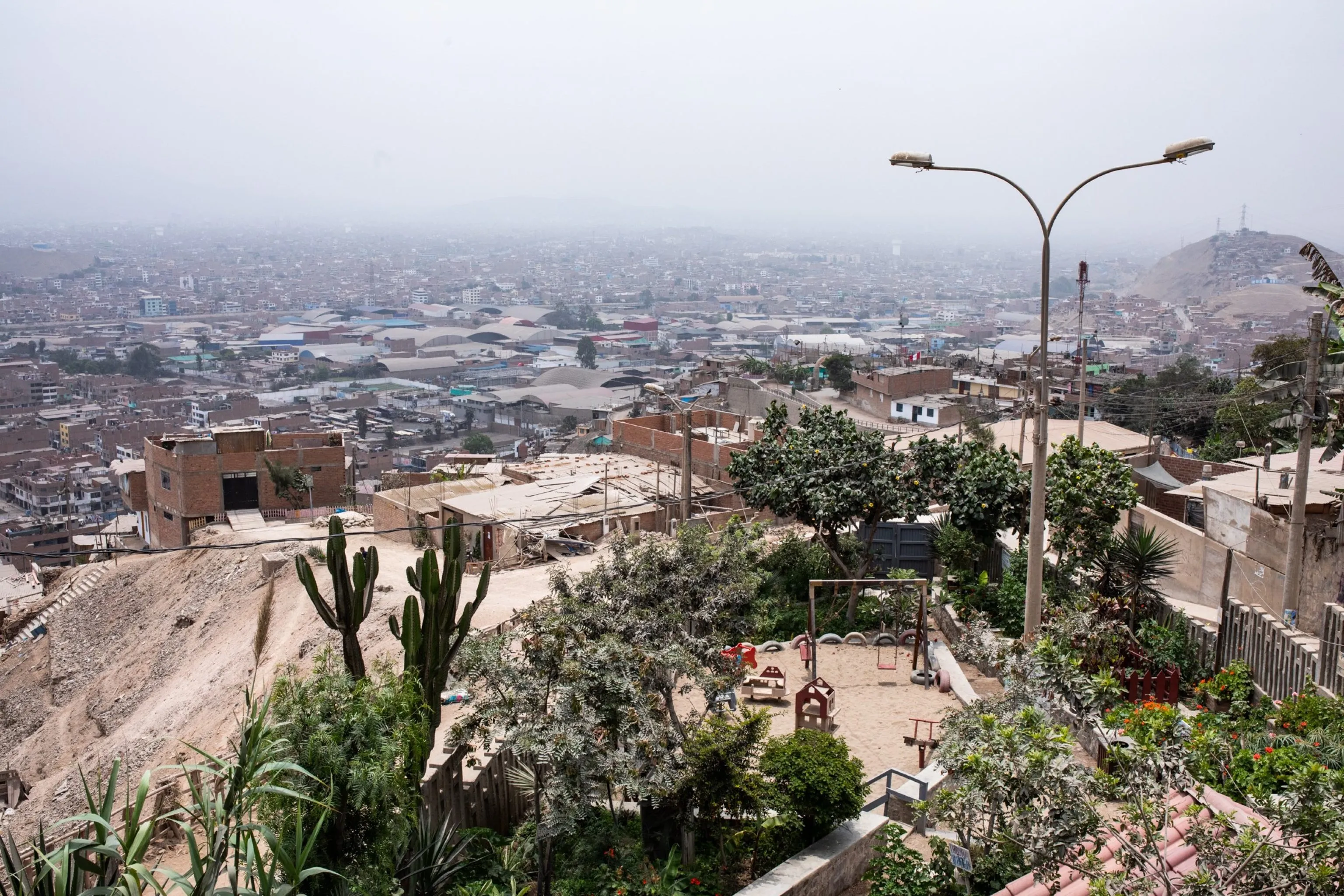The association
Since its creation in 1994 in the field of health, Mano a Mano Peru has gradually extended its actions to education and community development. After opening a center in La Merced in 2002, the association moved its activities to Los Jazmines in 2012, where it set up a pharmacy and a library.
Over the years, the association has enriched its offering with social, health and educational initiatives, actively involving young people and parents. In 2006, after working with the community to identify local challenges, a group of women builders was formed to address these issues. To date, they have built over 5,664 m² of urban infrastructure.
In a sector historically reserved for men, these construction training courses are transforming not only neighborhoods, but also perceptions of the role of women. They set an inspiring example for girls, showing that their potential extends far beyond domestic tasks, and that they can perform the same jobs as men.
Country context
The project is located in Peru, in the region and city of Lima. Between 2004 and 2019, the country succeeded in reducing the poverty rate from 38% to 20%. However, the COVID-19 pandemic marked a significant setback, plunging two million people into poverty. Today, 70% of people living in poverty live in urban areas, with the poverty rate reaching 32.5% in March 2024.
Area context:
The project targets 4 of the 40 marginalized communities of La Ensenada, an urban area of 40,000 inhabitants, mostly of Andean origin, living in conditions of extreme poverty on dangerous slopes. Among the 1,515 beneficiaries, 51% of whom are women, many suffer precarious living conditions that accentuate domestic violence and inequality, particularly for single mothers. The COVID-19 pandemic has compounded these challenges, leading to the closure of health services, economic hardship, and a lack of access to education for children, further increasing the vulnerability of untrained and abused women.



